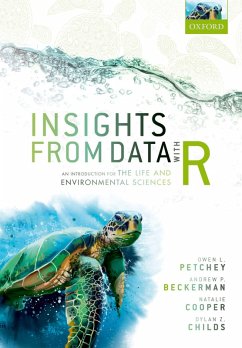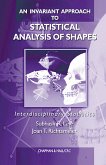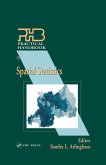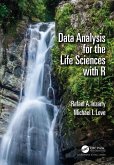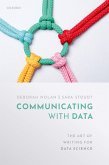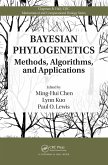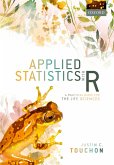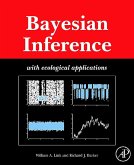Experiments, surveys, measurements, and observations all generate data. These data can provide useful insights for solving problems, guiding decisions, and formulating strategy. Progressing from relatively unprocessed data to insight, and doing so efficiently, reliably, and confidently, does not come easily, and yet gaining insights from data is a fundamental skill for science as well as many other fields and often overlooked in most textbooks of statistics and data analysis. This accessible and engaging book provides readers with the knowledge, experience, and confidence to work with data and unlock essential information (insights) from data summaries and visualisations. Based on a proven and successful undergraduate course structure, it charts the journey from initial question, through data preparation, import, cleaning, tidying, checking, double-checking, manipulation, and final visualization. These basic skills are sufficient to gain useful insights from data without the need for any statistics; there is enough to learn about even before delving into that world! The book focuses on gaining insights from data via visualisations and summaries. The journey from raw data to insights is clearly illustrated by means of a comprehensive Workflow Demonstration in the book featuring data collected in a real-life study and applicable to many types of question, study, and data. Along the way, readers discover how to efficiently and intuitively use R, RStudio, and tidyverse software, learning from the detailed descriptions of each step in the instructional journey to progress from the raw data to creating elegant and informative visualisations that reveal answers to the initial questions posed. There are an additional three demonstrations online! Insights from Data with R is suitable for undergraduate students and their instructors in the life and environmental sciences seeking to harness the power of R, RStudio, and tidyverse software to master the valuable and prerequisite skills of working with and gaining insights from data.
Dieser Download kann aus rechtlichen Gründen nur mit Rechnungsadresse in A, B, BG, CY, CZ, D, DK, EW, E, FIN, F, GR, HR, H, IRL, I, LT, L, LR, M, NL, PL, P, R, S, SLO, SK ausgeliefert werden.

